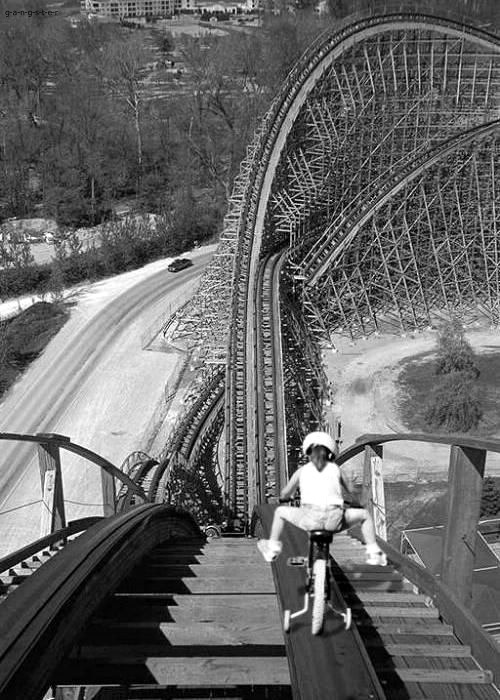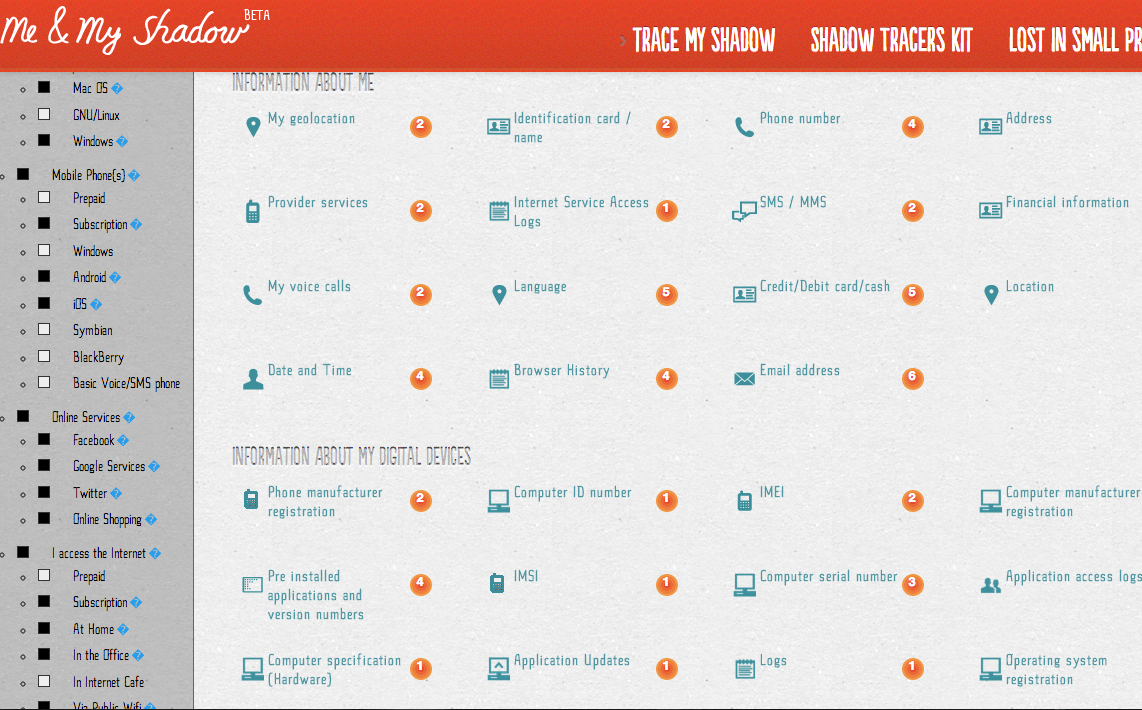
I’ve just written the 2013 library report and thought I’d add it here as a summary and evaluation of this memorable year. Holidays now. The feeling is so good. Merry Christmas and happy holidays to everyone. Here ’tis.
Just as Melbourne High School is about more than just marks, so is the library more than just books. The library is both physical and virtual – it is a space for events, as well as for ubiquitous information and 21st century skills training. It is an essential part of the mechanism which drives teaching and learning at Melbourne High School. It is a service and resource, both onsite and online; a treasury of literature; a space for private and collaborative study; a social meeting place; a hive of activity including meetings, games and puzzles. The library provides a quiet nook for solitude, a space for spirited debate, for collegial help with homework, a table full of familiar friends, (and the opportunity to make new ones), and an ever-changing range of visual and conceptual displays to broaden reading choices and spark ideas. It holds the collective wisdom and experiences of extraordinary people long gone, and stories from every part of the world throughout history. The energy of the library is evident to all who visit.
This has been a year for change on many fronts. The library has developed a new silent study culture – for the first time, VCE students have been given the choice of going to the library for quiet study or the dining hall during their ‘free study’ periods. We have been pleased to witness a quick adaptation to these changes, and impressed to see how many students have preferred to come to a disciplined, silent space to study despite the alternative choice.
The refurbishment of the front of library is almost complete, and amidst temporary changes to entrance and spaces, it has been business as usual without serious interruption to essential services. We look forward to opening the newly refurbished part of the library on the first day of school 2014, with its larger entrance and increased, open space for reading and relaxation, 2 additional study rooms (and potential to open these up to one larger room using the operable wall).
Existing spaces have also been improved. In particular, the Global Learning Centre (GLC), has been modified to create a more effective use of space, with the Interactive Whiteboard (IWB) mounted on the wall and reconfigured to Apple TV for improved efficiency. We look forward to reclaiming our small discussion room (currently housing furniture) as well as the creation of another discussion room within the GLC. In all, we should be able to provide 4 study/discussion rooms for students and teachers next year.
In keeping with the developments of public libraries, the library strives to move with the times in all aspects of its service, and so we have encouraged students and staff to be independent library users by investing in a self-checkout unit (RFID). We are also in the process of moving to a new Library Management System (LMS) with improved efficiency and user-friendliness to encourage more students to use our catalogue more effectively in their search for resources and use of databases.
As always the library supports reading enrichment, and teacher librarians work with English teachers to broaden the scope and differentiated reading experiences of students. This year, in support of wider reading, we trialled a move from the Premier’s Reading Challenge to the social media platform, Goodreads, in order to connect students with each other and to the wider reading community. Goodreads provides options for online connection through private or shared class groups, and enables students to share their virtual bookshelves with each other and their teachers for increased engagement. The importance of real world connections, and student-initiated discussions, combined with practice of appropriate ethical behaviour online, address the need for students to develop important 21st century skills.
Reading breadth and specialisation have been encouraged and applauded, and reading prizes have been awarded in a special Junior assembly to students who excelled in categories of ‘classics enthusiast’, ‘graphic novels gourmet’, ‘the eclectic reader’, ‘the richest online literary discussion’ and other genre related awards.
As always, teacher librarians have worked with teachers to develop programs and projects, to create resources, and teach collaboratively. The library has been flexible, experimenting with varied approaches, and adapting to the needs and preferences of teachers and students. This year teacher librarians have worked in a more focused way with faculties, following their areas of expertise in order to deepen relationships with staff and enrich their own knowledge base.
The 1:1 iPad program in years 9-11 has filled the library with mobile technology which provides students with anywhere/anytime learning. The library has continued to develop its ebooks collection, and so it is a common sight to see students tucked into corners and engrossed in reading on their ipads.
Learning and connecting are core needs for all our students and staff, and the library has responded to the digital environment by continuing to develop rich educational content, a revised library website, with an improved homepage for easier navigation, further developed subject- and skill-related resources, and blogs for specific audiences. Lifelong learning begins in a school whose library staff provide the tools and expertise in guiding students towards understanding the learning process, and in particular, in the management of information and research in preparation for tertiary studies and life.
The library team has successfully integrated the use of Google Drive and Docs into meetings in their team approach to ideas mining and problem solving. Google Drive is a collaborative, flexible and cloud-based suite of applications which allows live, multi-user sharing and editing of documents accessed via sign-in on any device. Google Drive has been the perfect tool for a democratic approach within the library team, an approach which has empowered individuals within the team and deepened collaborative relationships.
As many have remarked this year, there is always something happening in the library. The library continues to support interest groups, including Library Assistants, Cyber Book Club and Competition Writing. In Library and Information Week we ran a ‘Book spine poetry’ competition. In Book Week we ran a number of photography competitions including ‘Bookface’ and ‘Holding up books for no reason’. Our inaugural event, ‘Bookwiz’, a literary quiz which included 15 tables of student and teacher teams, was a sell-out event, and featured a talented student Jazz quartet for our listening pleasure. Also for the first time, the library organised ‘The Great Book Dominoes’ event (which was run and filmed by students) and ‘The Great Book Swap’, a fundraising initiative for the Indigenous Literacy Foundation. Of course, the traditional ‘Dress as your favourite literary character’ competition is a favourite event during Book Week, and this was definitely a year to applaud the English teachers’ efforts, as well as those of the students. In conjunction with the English faculty’s concurrent Literature Festival, Book Week has offered an impressive range of literary events.
This year the library hosted the launch of Laureate, our student literary magazine, after its 10 year hiatus. This was organised by Mr Sam Bryant and featured special guest, renowned Australian poet, author and educator, Judith Rodriguez.
Students have been extremely fortunate to have talented, engaging authors visit the school, including Emilie Zoey Baker, Spoken Word Performer, and author and graphic novel artist and illustrator, Nicki Greenberg.
Students were also given the opportunity to be part of the Melbourne Writers’ Festival where they attended a Q & A session with Ambelin Kwaymullina about her debut novel, The Interrogation of Ashala Wolf, and enjoyed talks with Alison Croggon, author of Black Spring, Cassandra Golds, author of Pureheart, Justine Larbalestier, author of Team Human, and Myke Bartlett, author of Fire in the Sea. They also attended a session on “How to Make a Book,” featuring Melissa Keil, author of Life in Outer Space, and Tony Palmer, a cover artist who has collaborated with authors such as Morris Gleitzman and Sonya Hartnett. The session was hosted by Lachlan Carter, creator of “100 Story Building,” a social enterprise for young aspiring authors. A group of students also attended the Reading Matters conference organised by the State Library of Victoria. Stonnington Library’s Literature Alive festival, with guest presenter, author/illustrator, Kevin Burgemeestre, was a fantastic opportunity for year 9 Art students.
The library has been involved in Transition sessions for year 10 students. Teacher librarians have taught the essential skills of online research (in particular, databases), study skills and digital citizenship, to prepare students for the tertiary environment. Teacher librarians have also contributed to introductory sessions for the Year 9 Melbourne Project, helping students brainstorm ideas to prepare them for their city project. For the first time, students were instructed in the use of Google Drive for collaborative research. Year 10 students have also been supported by teacher librarians in their Civics and Citizenship research project and, for the first time, an essay which centred on their solution to a real-world problem of their choice.
As well as our library website (Libguides), our digital presence resides on the ‘Melbourne High School Library’ Facebook page which informs the school community (including alumni), as well as the broader community, of library events and literary news, and updates posts from the Melbourne High School blog. Teacher librarians have also led the way in experimenting with new digital platforms for curation of online resources, including Pinterest and Scoop.it, to mention only a few.
These are interesting and exciting times for school libraries everywhere. The digital revolution has challenged libraries to reconsider how they should remain relevant and engaging to the school community at a time when ubiquitous information requires even more explicit skills development for our students than ever before. Teacher librarians have been involved in continuous professional development in order to prepare students to be informed, critical users of information.
As head of library this year, I would like to thank the wonderful staff of Melbourne High School library who have worked hard to make tremendous contributions to the library and the school community. I would also like to acknowledge the support of the principal, Mr Jeremy Ludowyke, the assistant principals, teaching and support staff, casual relief teachers and parent volunteers, as well as book donors. We look forward to the leadership of Ms Pam Saunders as the new head of library in 2014.


